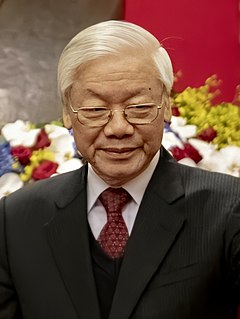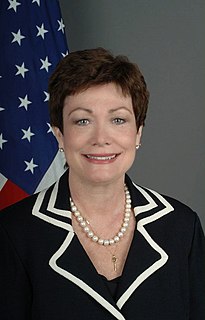A Quote by John C. Stennis
The cooperation of navies from around the world promises high tactical value for the ships, aircraft, and divers involved; while demonstrating international resolve in defending maritime security against potential threats.
Related Quotes
I also urge the Obama administration - both on its own and in cooperation with other responsible governments around the world - to use all legal means necessary to shut down WikiLeaks before it can do more damage by releasing additional cables. WikiLeaks' activities represent a shared threat to collective international security.
Defending against military-strength malware is a real challenge for the computer security industry. Furthermore, the security industry is not global. It is highly focused in just a handful of countries. The rest of the countries rely on foreign security labs to provide their everyday digital security for them.
Perfectionism, no less than isolationism or imperialism or power politics, may obstruct the paths to international peace. Let us not forget that the retreat to isolationism a quarter of a century ago was started not by a direct attack against international cooperation but against the alleged imperfections of the peace.
There's a lot of sanctions left that we can start to do, whether it's with oil, whether it's with energy, whether it's with their maritime ships, exports, we can do a lot of different things that we haven't done yet. What we have to do is send a strong, unified message to North Korea that this nuclear tests unacceptable. And I think the international community do that.
The Lusitania is important, of course, because this is where Germany began its maritime campaign using this brand-new weapon. We have to appreciate how the submarine, as a weapon against civilian shipping, was a particularly novel thing - so novel that many people at the time dismissed its potential power, its potential relevance.


































